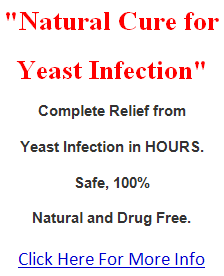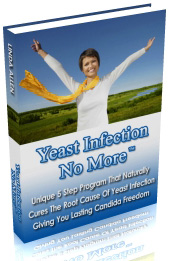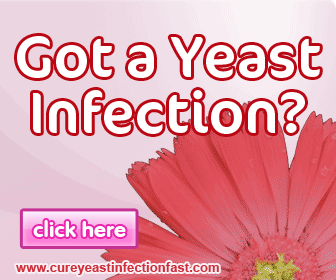What is a systemic yeast infection? A systemic candida infection is caused by a type of yeast called candida albicans. It resides in the body of humans (as well as animals) and thrives when in the presence of sugar. When the yeast multiplies to excessive levels, it can settle on the walls of the intestine and into the bloodstream. As a result, waste materials and allergens combined with the blood create more fungus "bad bacteria" and creating other problems in the body - including the liver and urinary tract. Systemic yeast infection is also called "opportunistic" or systemic candidiasis.
Causes of Systemic Yeast Infections
One cause of the fungal infection is the use (and overuse) of prescription medications antibiotics. This is due to the fact that while medications prescribed by a doctor can effectively treat viruses and infections, the medication also kills "good bacteria" that is necessary in the human body that helps to keep yeast levels in balance. Another source is changes in hormone levels in a women's body - especially during pregnancy as well as menopause. Taking birth control pills (or contraceptives) also affect female hormonal levels which can create a candida imbalance.
Systemic Yeast Infection Cures
One method for treating a systemic yeast outbreak is the use of a charcoal cure in tablet form. These pills help with the bloating that one can get during a severe yeast outbreak and also eliminate excess gas that is present in the stomach. Consumption of healthy fats, probiotics, vegetables (green ones in particular) and healthy fats (including olive oil, coconut oil and avocado) are necessary in order to reestablish a healthy intestinal flora and get you on the road to recovery.
Suggested Diet For Systemic Yeast Infection
The treatment of an opportunistic yeast fungal infection should also be treated with diet. Any type of sugar should be eliminated from your diet as yeast thrives on the presence of sugar. You should also reduce carbohydrates as well since when carbs are digested, they are converted to sugar. Fruits intake should be kept to a minimum due to their high fructose content - once the yeast infection has subsided, you can resume eating fruits in limited amounts until you are sure the candidas is cured.
Eating plain yogurt in large quantities is also recommended an effective yeast infection remedy. Make sure that you continue to eat foods that are high in fibers and proteins as these foods do not interfere with candida levels and are necessary for a well-balanced diet.
Subscribe to:
Post Comments (Atom)




0 comments:
Post a Comment